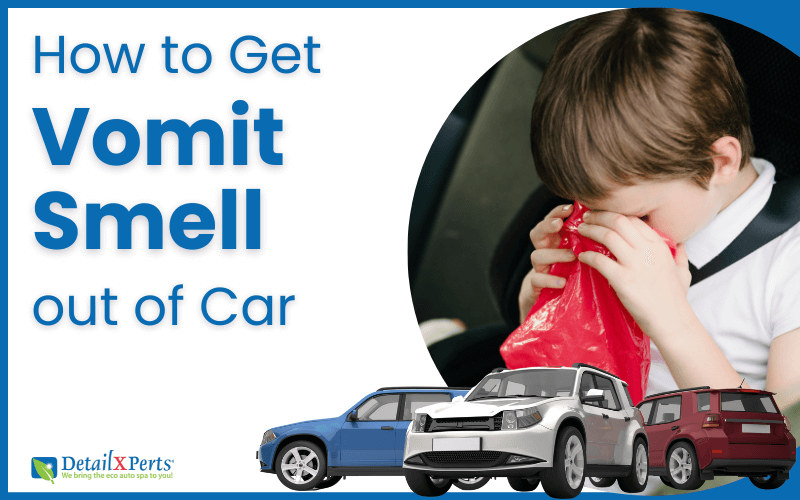As much as we would like to keep our cars in pristine condition, accidents are bound to happen. The first part of the car that is likely to take damage is the paint. Paint chips on a car may seem like a minor inconvenience, but don’t underestimate it. If the paint chip goes all the way to the metal, left exposed, it can develop into a rust spot very quickly. This can easily set you back far more money in repairs.
Paint chips on a car are simple to fix, but require the proper preparation and materials. First, if the paint chip is on a metal surface, check for any bare metal. If there is any exposed metal, you’ll need some appropriate primer. Be sure that you get primer that is meant for automotive paint, as this will go a long way in keeping the paint on the metal. Next, get the matching color of paint for the repair. Here you’ll have several options. A paint pen or brush is best for small chipped surfaces, smaller than the size of your thumb. Any larger than that, and the pen and brush may give an uneven appearance. For those jobs, spraypaint cans may be the better solution. To keep the paint surface even, be sure to have some high-grit sandpaper – about 2000 should be enough. To top off the repair job, you’ll need some clearcoat to seal in the new paint. Finally, have some rubbing compound handy to rub down the sealed new paint.
The first step is to clean out the chipped area. This step is very important, as a dirty or greasy spot can spell disaster, creating air bubbles in the new paint, or worse, causing bare metal to rust.
Once the chipped spot is dry, apply the primer, allowing each layer to dry completely before the next coat. Although time-consuming, the pros let the primer cure overnight for best results. Depending on how deep the paint chip spot is, you may need several layers to bring the surface closer to the rest of the existing paint.
Next, wet sand the primer to get it ready for the paint. Do this lightly and only in a single direction. Don’t sand back-and-forth or in a circular motion. Make sure to sand only on the primer; avoid sanding the surrounding paint!
Once the primer has been sanded, apply the new paint using the appropriate applicator tool. As with the primer, let each coat dry overnight before applying a new one. Before applying a new coat, check for any unevenness in the paint, and wet sand the area as needed.
When the paint chip spot is close to the same level as the original paint, wet sand the new paint one last time to even it out, then apply the clear coat. Once again, let the clear coat cure overnight between layers, wet sanding as needed to avoid an uneven surface. Add just enough layers so that the repair on the paint chip is of the same level as the original paint.
After the clear coat becomes even with the original surface, apply a rubbing compound and polish the area using a clean cloth. Afterwards, wash off the compound and buff the surface dry. After a few weeks – 30 days is recommended – apply car wax or a polymer sealant to protect your newly repaired car paint.
Paint chip repair is fairly easy, and if you’re confident that you can take the job on, then follow the steps above. Otherwise, feel free to schedule an appointment with DetailXPerts. Our auto detailers have years of experience removing paint chips on a car and will get you the results you need. Contact us today!
Enjoyed this post? Sign up for our newsletter to receive more valuable tips, ideas, coupons, and extras!





